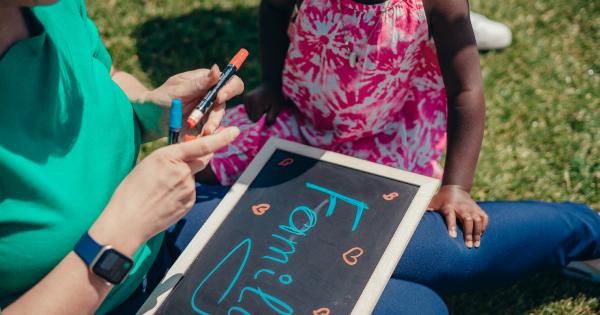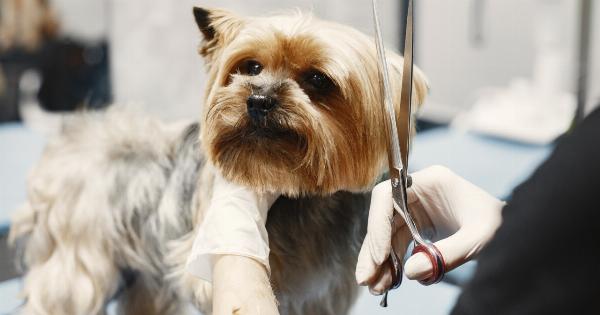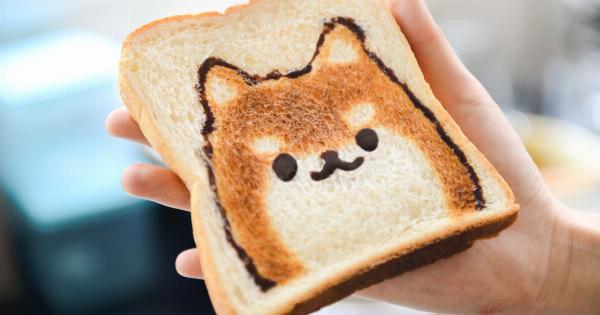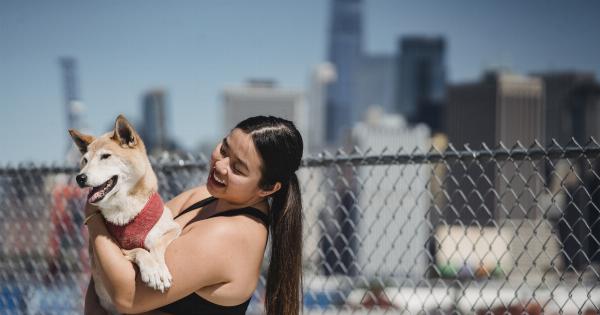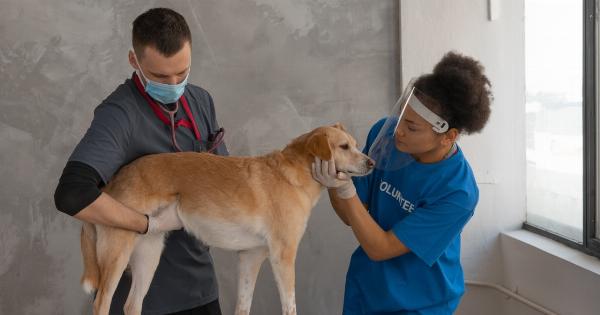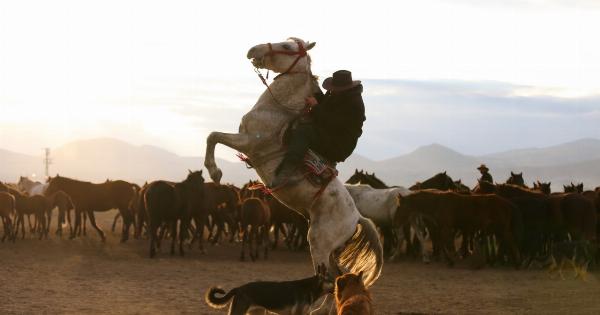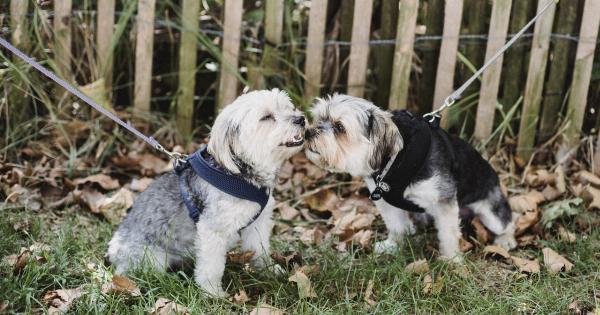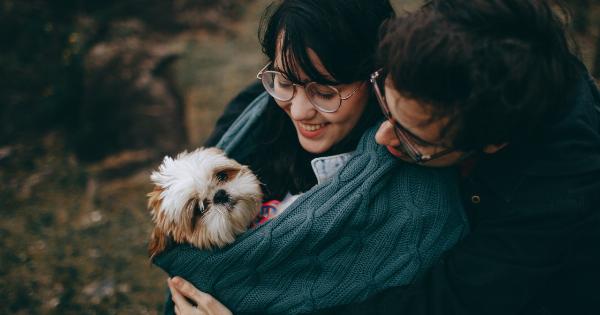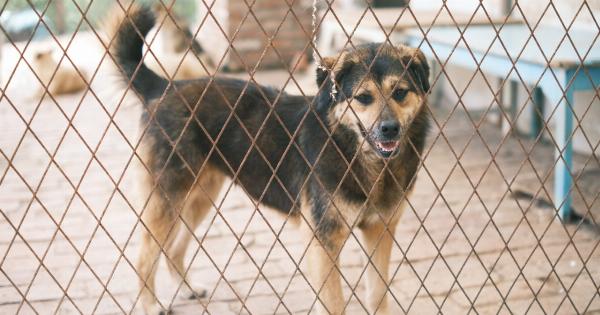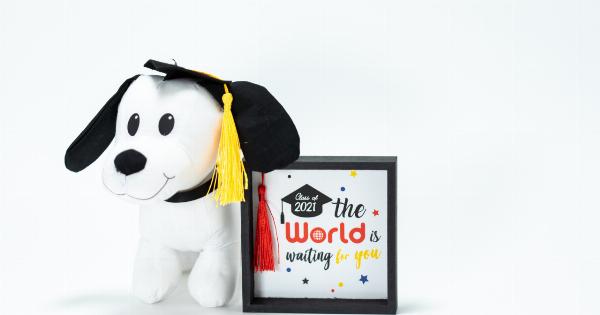Welcoming a furry friend into your home is an exciting and fulfilling experience. Dogs bring companionship, love, and joy to our lives like no other.
So, it’s not surprising that many pet owners consider expanding their fur family by getting a second dog. However, adding a new canine companion to your household is a big decision that requires careful consideration. Before you take the plunge and bring home another pup, ask yourself these seven important questions:.
1. Do I Have the Time to Devote to Another Dog?
Owning a dog requires a significant investment of time, energy, and effort. Adding a second dog means doubling that commitment. Consider your current schedule and lifestyle.
Can you provide each dog with the attention, exercise, training, and mental stimulation they need to thrive? Dogs are social animals and need interaction, so make sure you can dedicate ample time to both pups individually and together.
2. Can I Afford the Financial Responsibilities of Another Dog?
Owning a dog comes with various expenses, including food, grooming, veterinary care, vaccinations, and supplies. Adding another dog means doubling these costs.
Ensure that you can comfortably afford the financial responsibilities of a second dog, not just initially but also for their entire lifespan, which can range from 10 to 15 years or even longer.
3. Have I Prepared My Home for Another Dog?
Introducing a new dog to your home requires some preparation. Consider whether your current living space can accommodate another canine resident without causing overcrowding or conflicts.
Additionally, ensure that your home is dog-proofed, with any potential hazards or poisonous substances properly secured or inaccessible to the dogs.
4. How Will My Current Dog React to a New Companion?
Before bringing home a second dog, carefully evaluate your current dog’s temperament and behavior towards other dogs. Some dogs are more sociable and accepting of new pack members, while others may be more territorial or possessive.
If your current dog has a history of aggression or does not interact well with other dogs, it may be more challenging to introduce a new furry friend into the household.
5. Am I Willing to Invest Time and Effort in the Introduction Process?
Introducing dogs to each other requires a gradual and supervised process to ensure a smooth and positive transition. This may involve controlled meetings in neutral territory, supervised interactions, and gradually increasing the time spent together.
It’s crucial to consider whether you have the patience and willingness to invest the time and effort required to establish a harmonious relationship between your current dog and the newcomer.
6. Can I Provide Individual Training and Attention to Each Dog?
Each dog has unique training and socialization needs. While some aspects of training can be done together, it’s important to provide individual attention and training to each dog.
Training helps counter behavioral issues, strengthens the bond between owner and dog, and ensures a well-behaved pet. Make sure you can manage the responsibility of training and providing individual attention to both your dogs.
7. What Are My Long-Term Plans and Goals?
Adding a second dog to your family should be a long-term commitment. Consider your long-term plans and goals as a pet owner.
Will adding another dog align with your future plans, such as moving, starting a family, or taking on new responsibilities? Dogs form lasting bonds with their owners, so it’s important to ensure that you can provide a stable and loving environment for both your current and future four-legged family members.
Conclusion
A second dog can be a wonderful addition to your family and provide companionship to both you and your current fur baby. However, getting another dog is a decision that should not be taken lightly.
Assess your time, resources, and ability to meet the needs of two dogs before making a commitment. By considering these seven essential questions, you can ensure a smooth and successful transition for your household and create a loving and harmonious pack.




